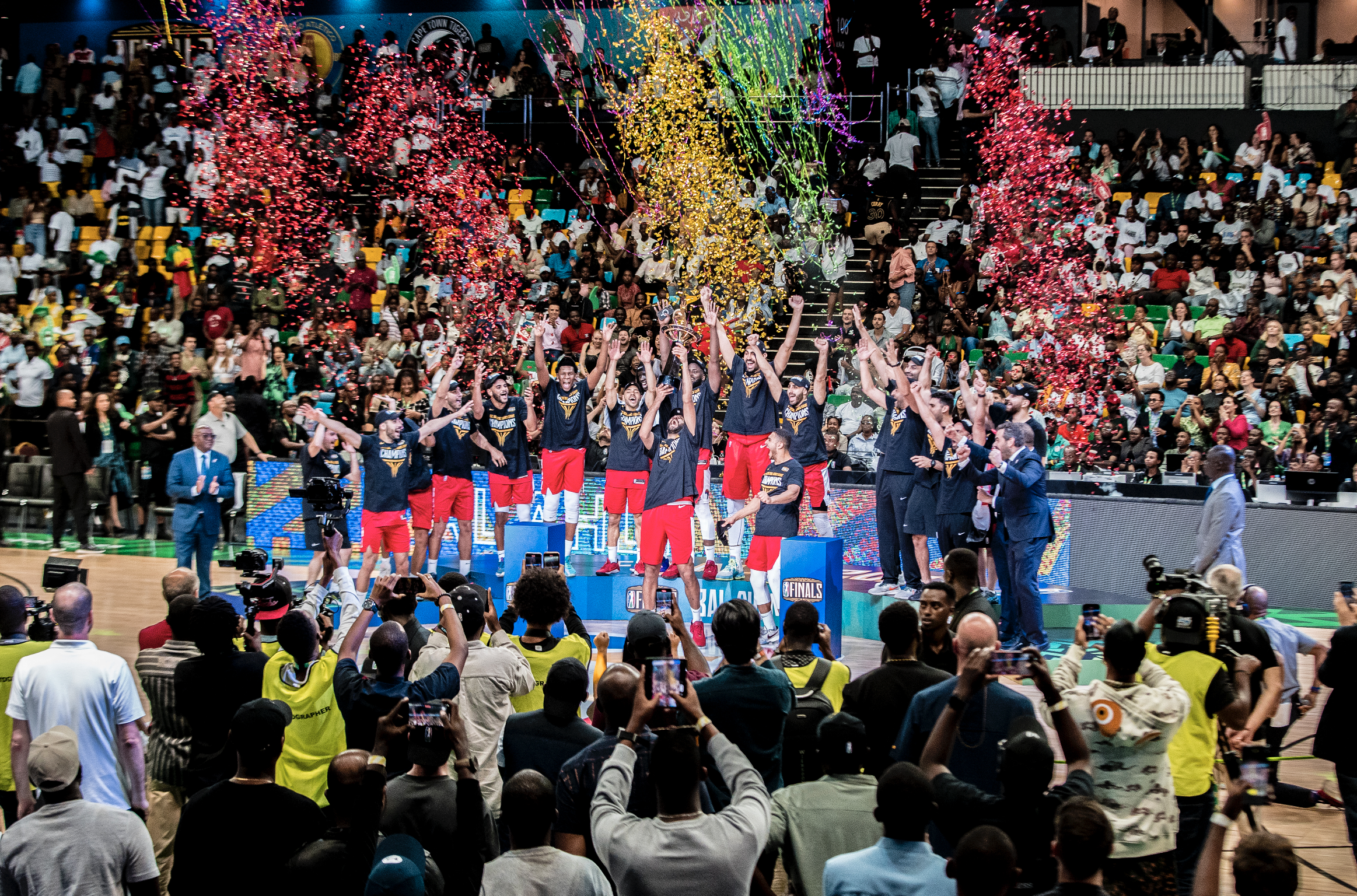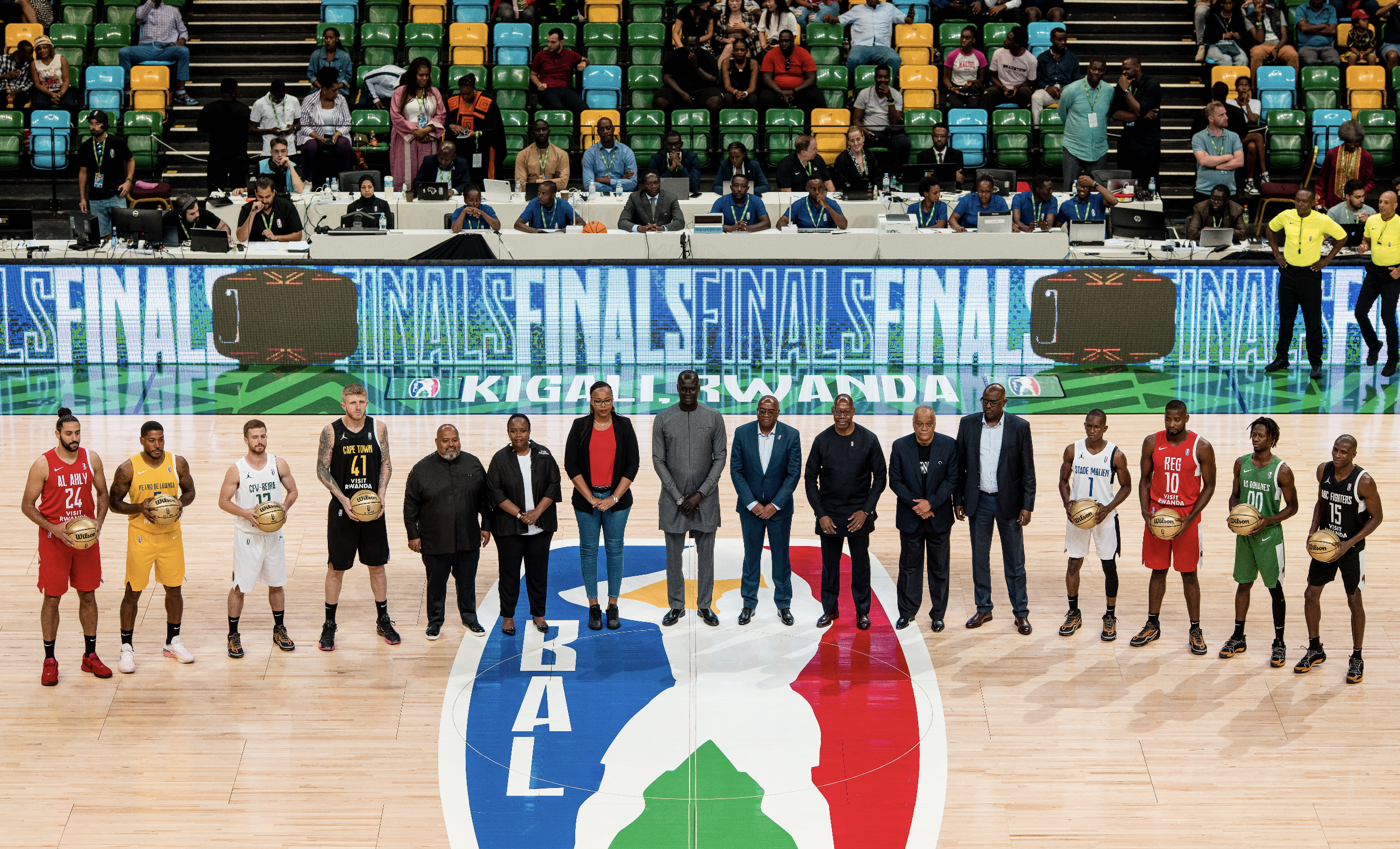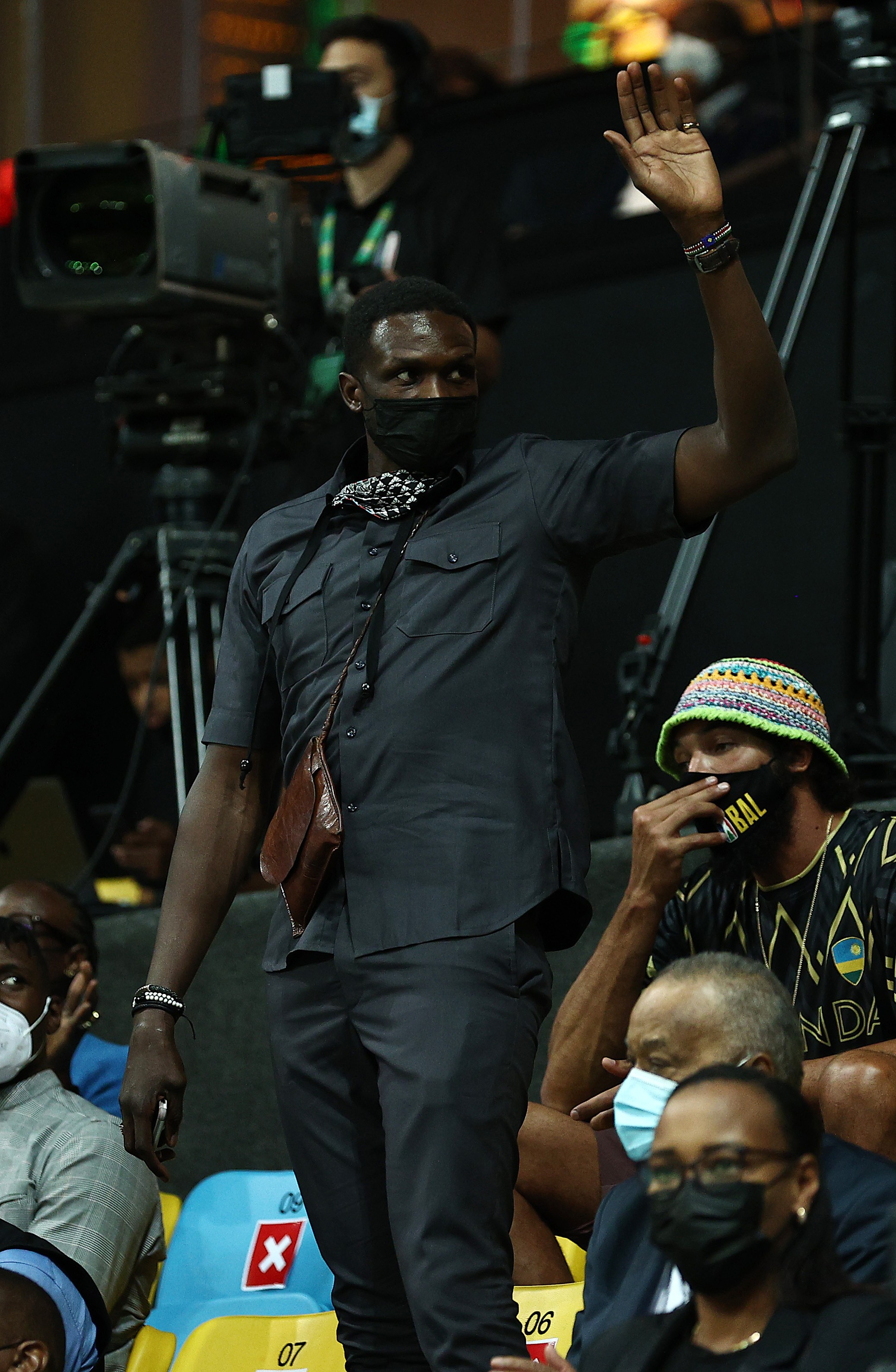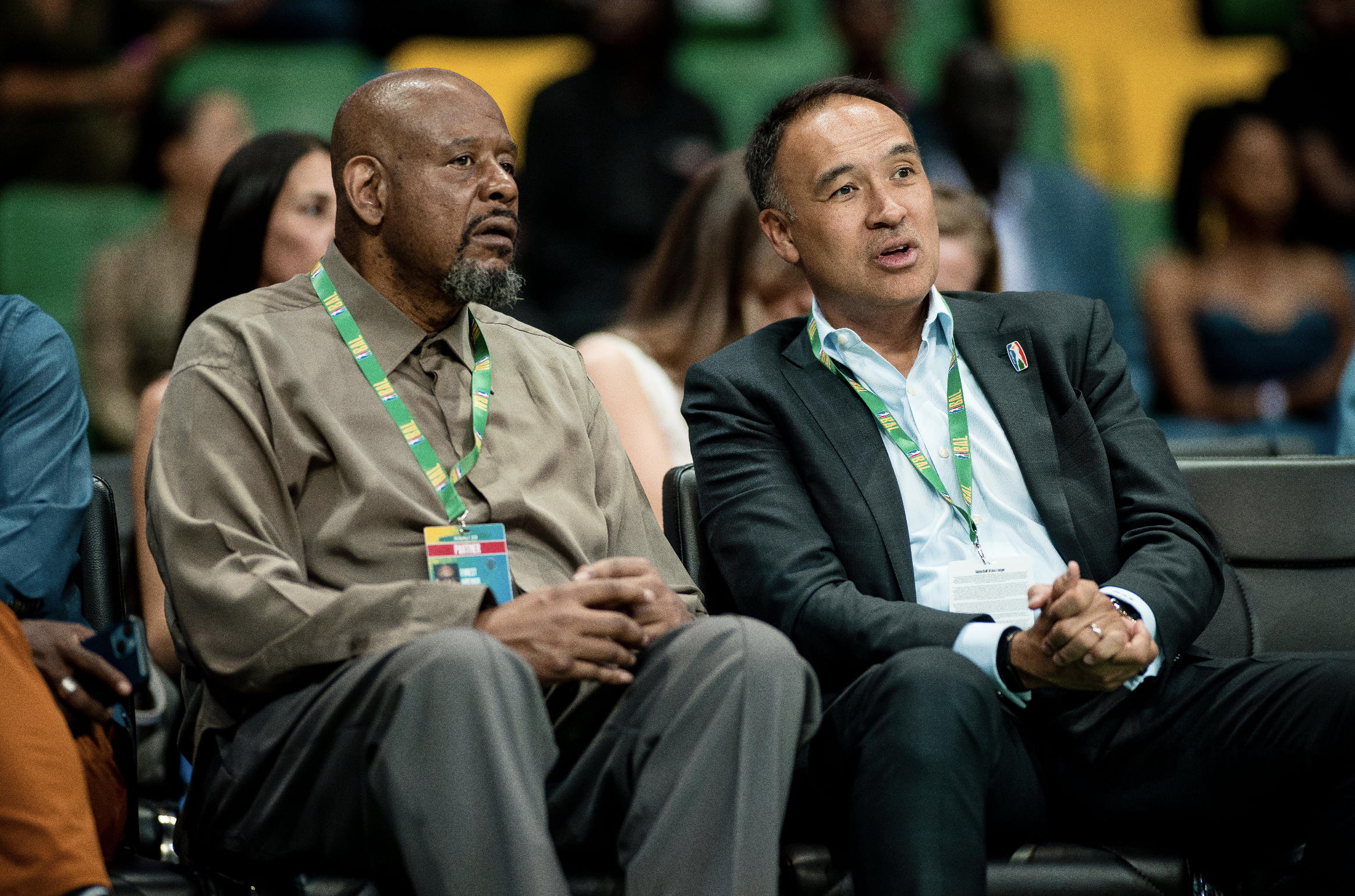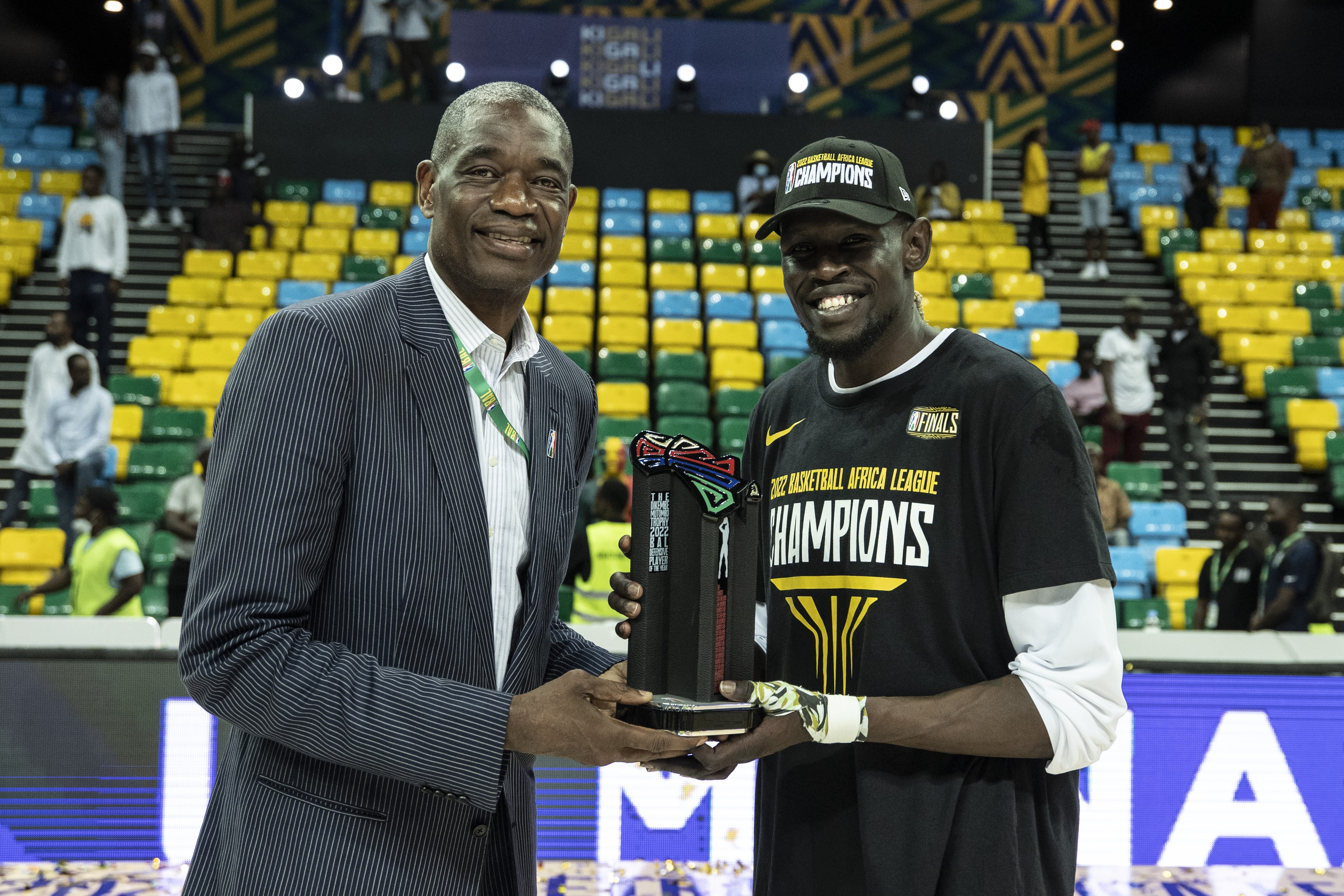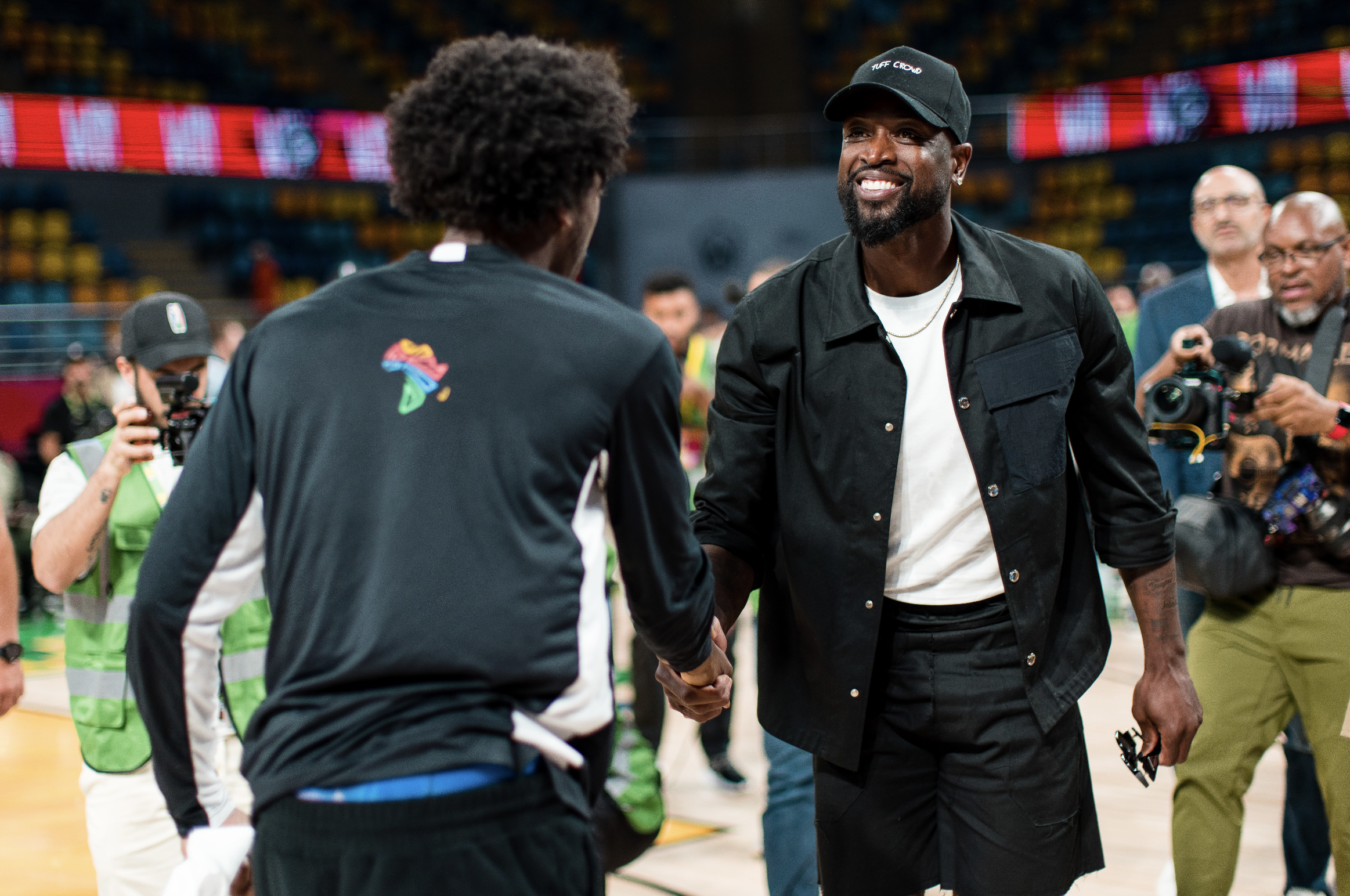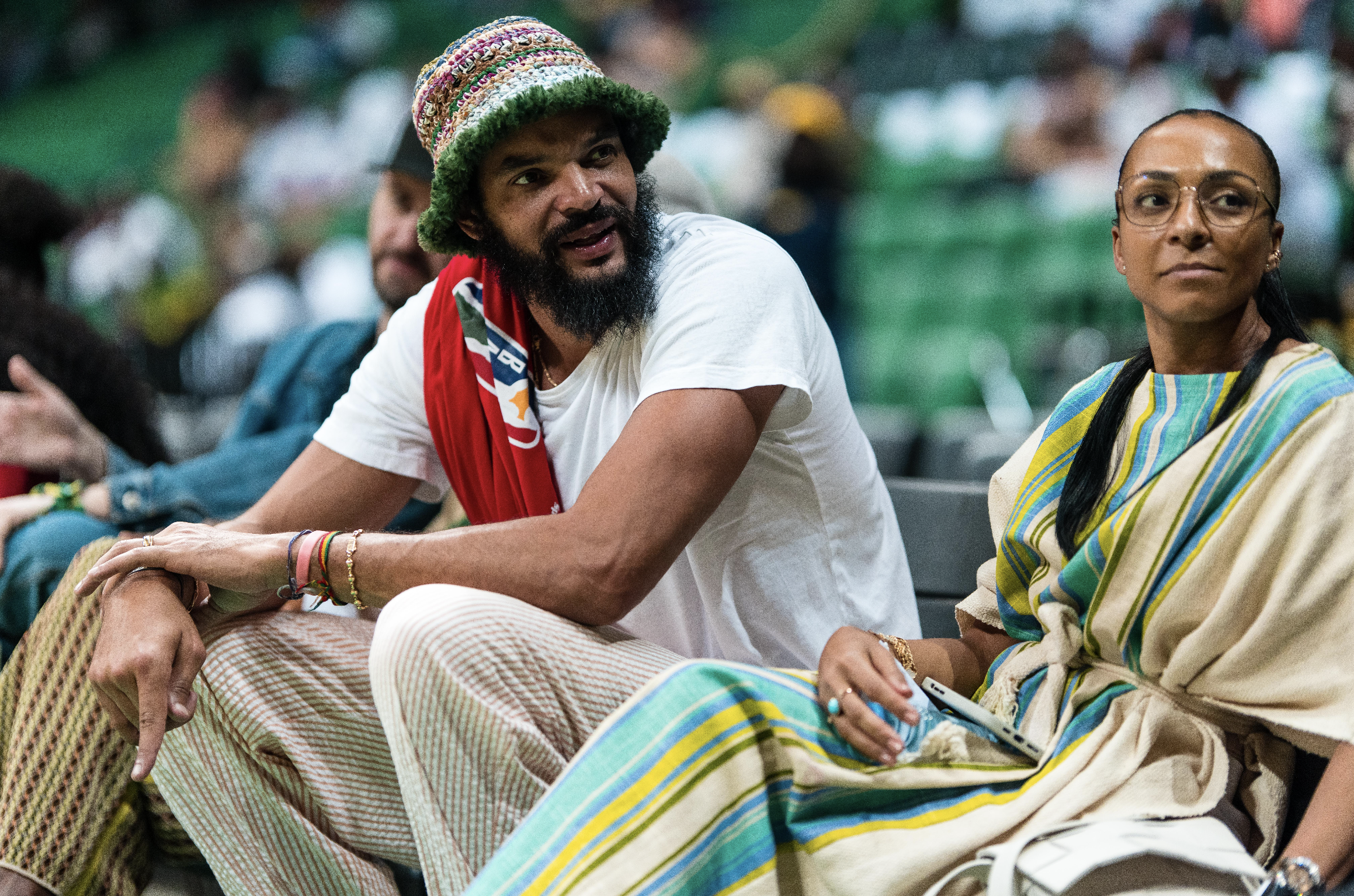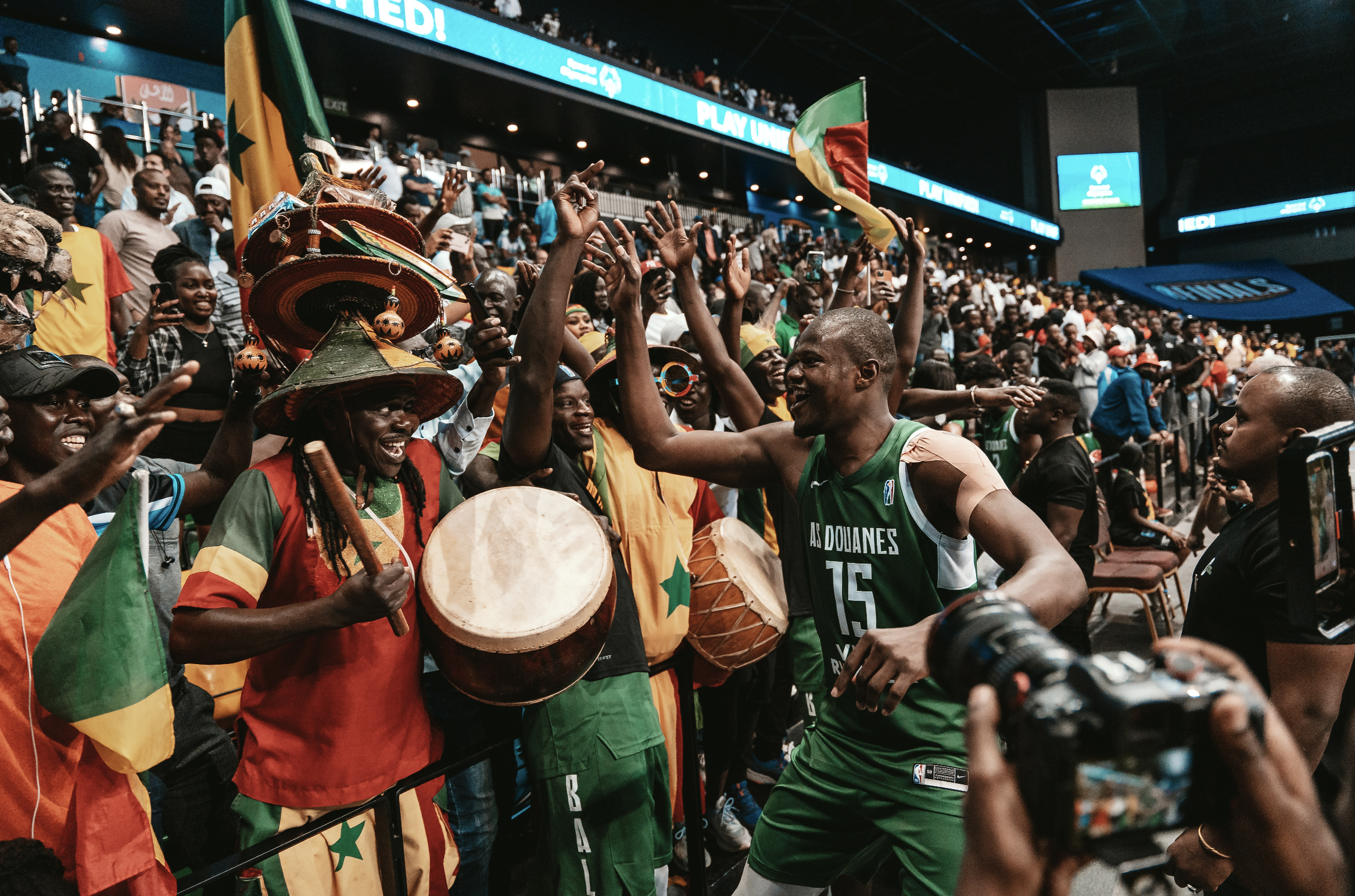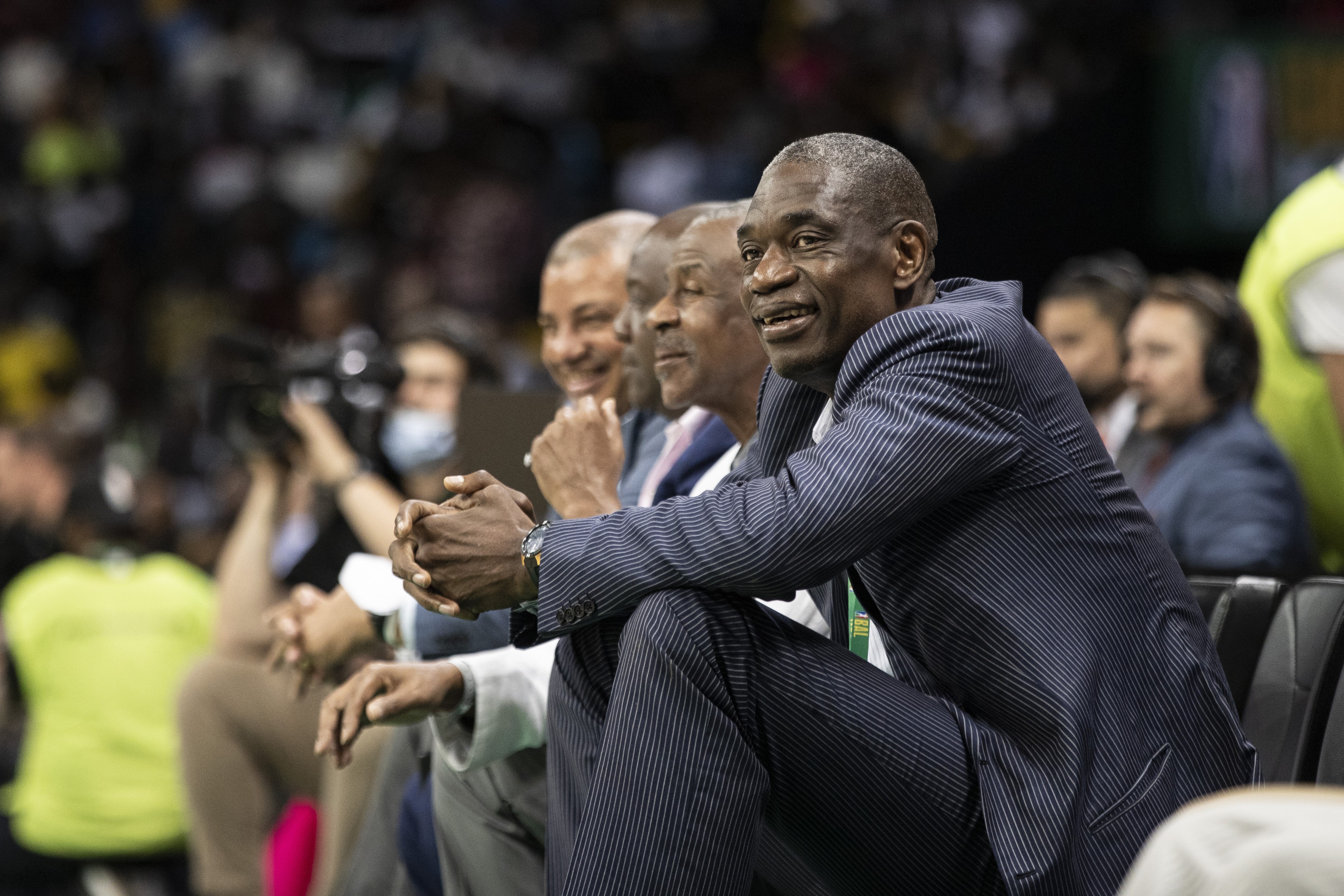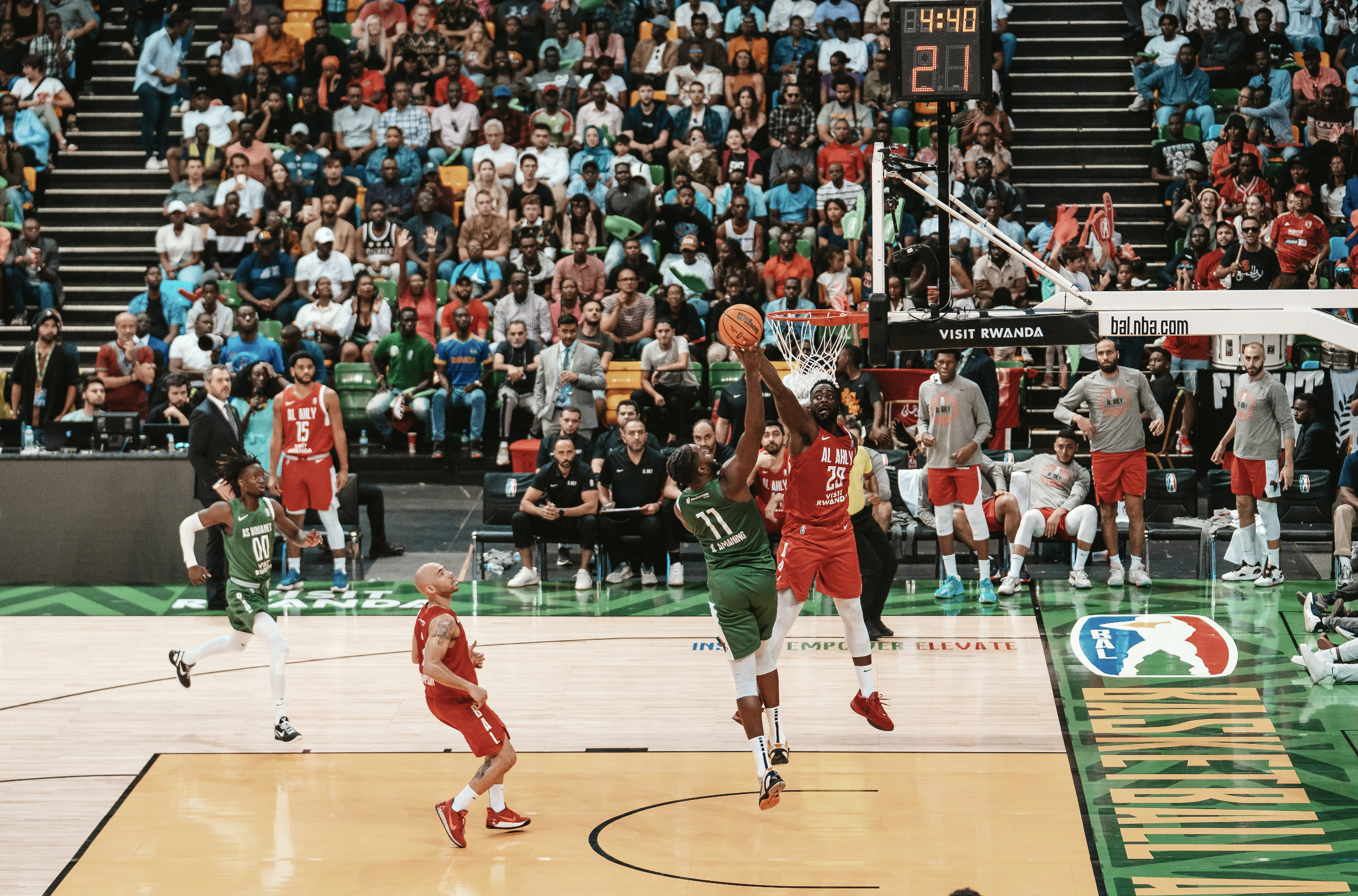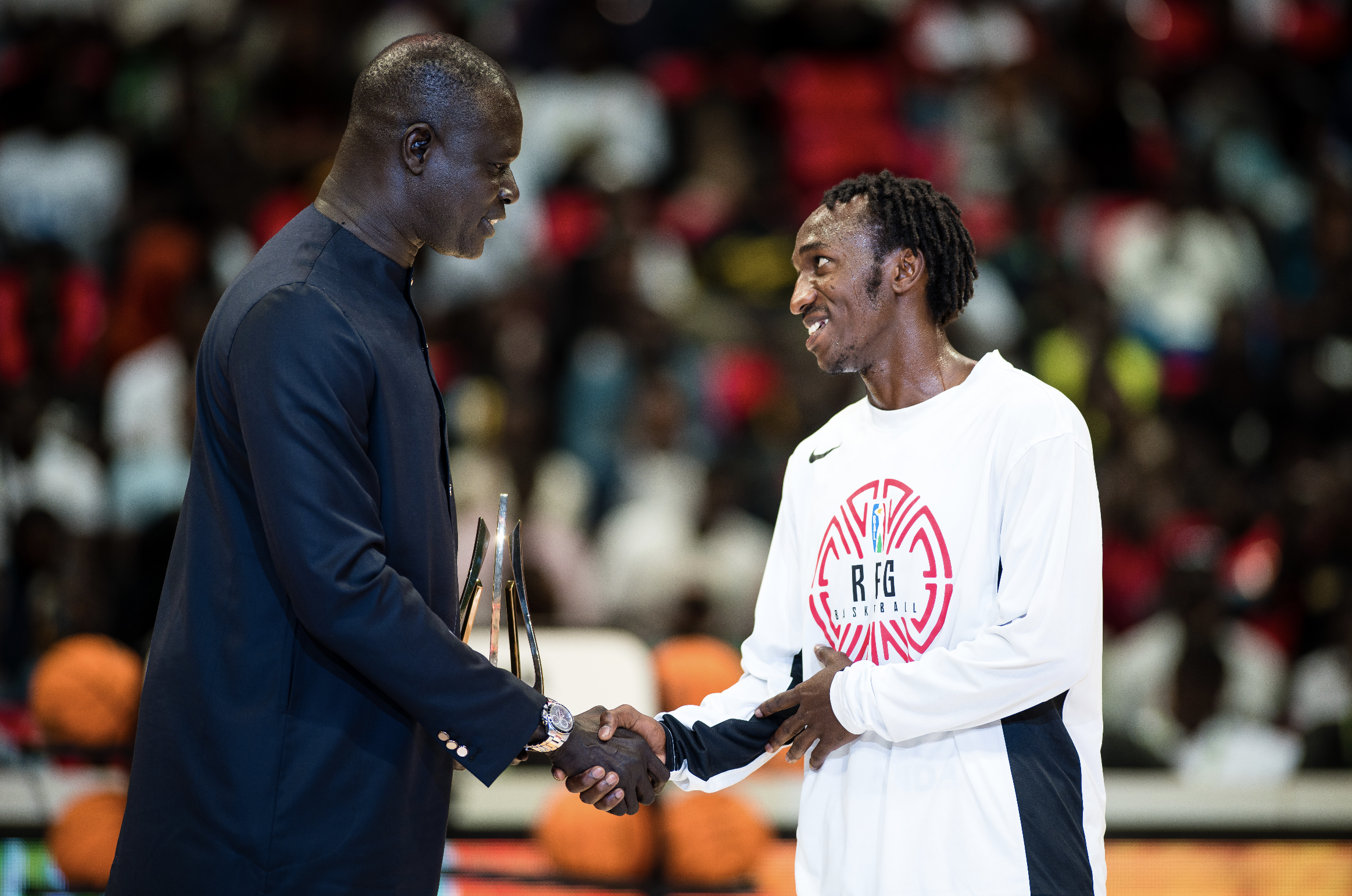The Business of the BAL
In July 2021, former U.S. President Barack Obama became a strategic partner with a minority equity stake in the league.
"The NBA has always been a great ambassador for the United States ? using the game to create deeper connections around the world, and in Africa, basketball has the power to promote opportunity, wellness, equality and empowerment across the continent," Obama said in a statement. "By investing in communities, promoting gender equality and cultivating the love of the game of basketball, I believe that NBA Africa can make a difference for so many of Africa's young people."
Like Obama, several former NBA players have also invested in the league, including Dikembe Mutombo, Grant Hill, Joakim Noah, Luol Deng, Ian Mahinmi and Junior Bridgeman. (Hill is a co-owner of the Atlanta Hawks.)
"This investment opportunity allows them to build even stronger ties with NBA Africa and our activities on the ground," Williams said.
On a related point, Williams mentioned that the BAL has held talks with Bridgeman's business associates, who offered helpful guidance. The former NBA guard (1975-87) became an ultra-successful entrepreneur after his playing days, becoming the owner of a business empire that included more than 250 Wendy's and 120 Chili's restaurants.
Investors with global recognition, like Mutombo and Hill, who received a combined 15 NBA All-Star selections, add credibility and gravitas to the BAL as a brand. As a result, Nike, Jordan Brand, Wilson, Visit Rwanda and Hennessy are among the league's world-class partners.
Legends Magazine explored Deng's commitment to making a positive societal impact throughout basketball in a previous edition ("A Lifetime of Philanthropy and Efforts to Help His Native South Sudan"). The BAL ambassador's love for the game and for helping people connect throughout Africa, especially in South Sudan, is genuine. Working as the president of the South Sudan Basketball Federation puts him in the spotlight, but also in a position to be a force for change, spearheading efforts to refurbish gyms and develop and grow the game in Africa.
“I really had a passion and a vision that I can change what people think about South Sudan through sports,” Deng said in the Legends profile.
